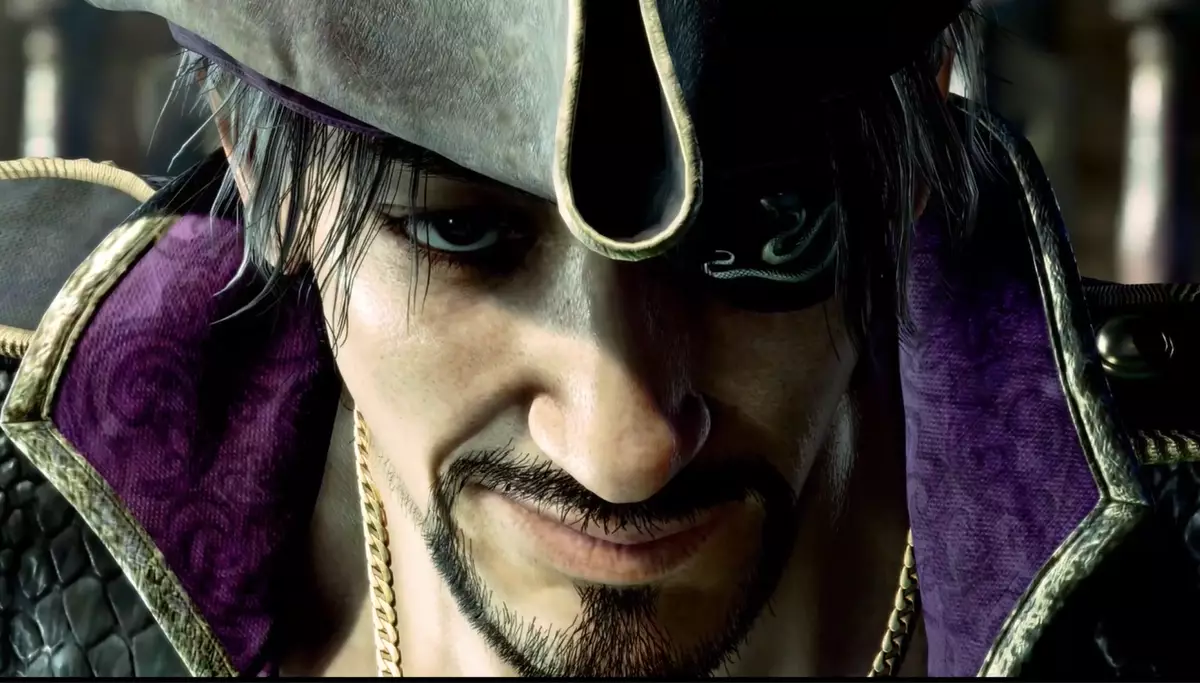The Like a Dragon series, a renowned part of the gaming universe, stands as a testament to effective teamwork and specialized programming. Yutaka Ito, the technical director of the series, recently shared valuable insights into the mechanisms that facilitate the consistent release of new titles. As the gaming industry evolves, the pressures of rapid production can be daunting. However, the collaborative nature of the team behind Like a Dragon allows for a streamlined development process that embraces the unique strengths of each individual programmer.
Ito emphasized the scale of the programming workforce involved in each new release, outlining that between 40 to 50 skilled programmers are engaged in these projects. Each programmer is not merely a cog in a machine; instead, they are part of distinct sections focused on various elements of the game—be it story-driven adventures, combat mechanics, or engaging mini-games. This division allows programmers to hone in on their specific domains while fostering an environment where creativity and efficiency can flourish.
The idea of decentralization plays a crucial role within the Like a Dragon development framework. The autonomy given to distinct programming modules allows teams to operate with a high degree of flexibility. Each module is led by its own section leader, ensuring that while individual teams work independently, they remain aligned with the overall vision of the game. This careful orchestration not only prevents bottlenecks but also invites experimentation and innovation within the confines of well-defined objectives.
As Ito revealed, each main programmer may not be fully aware of the ongoing activities of every module, which paradoxically enhances creative impedance. By allowing teams the freedom to explore their designated scopes, the chances for groundbreaking ideas and mechanics to emerge are greatly increased. This unique structure encourages an atmosphere where ongoing communication and iterative feedback can lead to more intricate and polished gaming experiences.
The sentiment expressed by Tomoaki Nakamura, a programming section manager, adds another layer to the sophisticated tapestry of the Like a Dragon development ethos. He openly acknowledged the valuable experiences of new developers, especially those who manage to see their names in the credits of a game within just two years of starting their careers. This achievement serves as a powerful encouragement, motivating young talent to persevere and invest further effort into their craft.
In an industry often criticized for its high turnover rates and burnout, the support system present within the Like a Dragon team can be seen as a refreshing change. The company recognizes the importance of nurturing talent and providing an environment where new programmers can learn, grow, and contribute meaningfully to significant projects. With upcoming titles approaching, new developers are poised to leave their mark on future installments, coupling new ideas with the rich legacy of the Yakuza franchise.
As the Like a Dragon series continues to evolve and adapt to the changing landscape of gaming, its reliance on teamwork and specialized programming modules is likely to remain a cornerstone of its success. The insights provided by industry veterans like Yutaka Ito and Tomoaki Nakamura serve not only to illuminate the internal processes at play but also inspire a new generation of programmers. As these newcomers step into the vibrant world of game development, they carry with them the promise of innovation—ensuring the legacy of the Like a Dragon series will thrive for years to come.


Leave a Reply